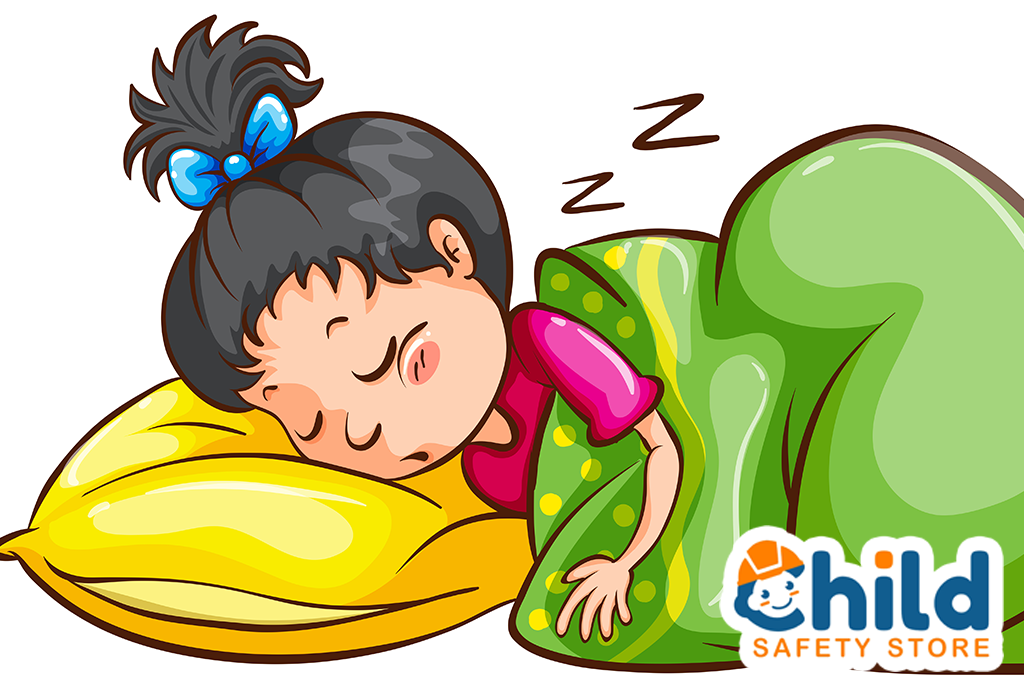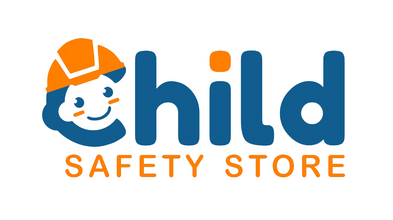
Is Melatonin Safe for Kids?
Sleep is so important for young, developing minds. With that in mind, it’s common to wonder, "Is melatonin safe for kids?" The answer, as we briefly touched on in our general sleep aid blog, is complicated.
What Is Melatonin?
According to the Mayo Clinic, melatonin is a hormone produced by the pineal gland in the brain that helps regulate our sleep-wake cycles. Usually, it is released in response to darkness, signaling that it’s time to wind down for bedtime. While it is naturally produced by the body, it is now widely sold as a sleep aid in over-the-counter supplements.
These supplements are available in various forms—gummies, chewables, and tablets—and are often marketed as safe for children. However, this doesn’t necessarily mean that it’s okay for your little one.
The Good: How Melatonin Can Help Kids
Let’s start with some positives. For some kids, particularly those with certain medical conditions like ADHD or autism, sleep difficulties are quite common. In these cases, pediatricians may recommend melatonin as a short-term solution. Studies suggest melatonin can help these children fall asleep faster and stay asleep longer. This can provide some much-needed relief for both the children and their parents.
The Risks: Is Melatonin Safe for Kids Long-Term?
While melatonin supplements can help, they aren’t without risks. The big question remains: Is melatonin safe for kids, especially with long-term use? Well… it’s tricky.
You see, there is very little research on the long-term effects of melatonin in children. This often raises concerns for both parents and doctors. Since melatonin is a hormone, some experts worry that giving it to children regularly may disrupt their body's natural production of the hormone, particularly if used over extended periods.

According to the American Academy of Pediatrics, while short-term use appears safe, melatonin should not be seen as a cure-all for chronic sleep problems. It’s also important to consider potential side effects, which may include:
- Daytime drowsiness
- Headaches
- Dizziness
- Mood swings
- Bedwetting in younger children
These side effects tend to be mild, but parents should monitor their child closely. When it comes to your little one's health, speak with your pediatrician. Be sure to voice any of your concerns. A good night of sleep is important, but child safety should always take priority.
Dosage and Overuse: A Growing Concern on Whether Melatonin is Safe for Kids
Another concern about melatonin is that it’s available over the counter. This often leads parents to use it without proper medical guidance. In some cases, parents might give their children higher doses than necessary, assuming that more will work faster. However, this is not true. In fact, taking too much melatonin can have the opposite effect, leading to nightmares, increased anxiety, and disrupted sleep cycles.
It’s also worth noting that melatonin supplements are not regulated as strictly as prescription medications. In short, this means the actual recommended dosages can vary between brands. Even worse, the actual content may not always match what's listed on the label. Remember to treat melatonin like any other drug. Keep it locked up in a cabinet, out of the reach of those curious little hands.
Alternatives to Melatonin
For parents hesitant about using melatonin, there are plenty of other ways to help kids sleep. Keeping to a consistent bedtime routine is one of the most effective methods. This could include limiting screen time before bed and creating a calming bedtime environment. Adding a white noise machine can help to relax the little dreamers.

Additionally, make sure the kids get plenty of natural light during the day. This helps to regulate their sleep-wake cycle. For children with underlying medical conditions, such as ADHD or autism, it’s abolutely essential to consult a pediatrician before trying sleep aids.
In the End, Proceed with Caution
So, is melatonin safe for kids? As you can see, the answer is nuanced. That said, caution is definitely important. While short-term use appears to be effective and relatively safe for certain children, parents should always be wary.

In the end, helping children develop healthy sleep routines may be the better choice for your family. Never forget that your doctor knows best. It’s vital to consult with a healthcare provider before starting melatonin.
